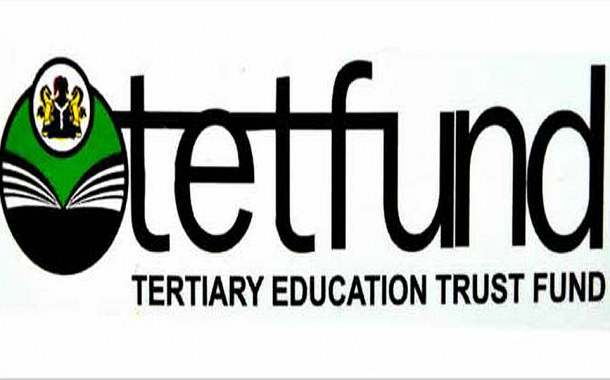Exchange rate: TETFUND scholars in Kenya seek bailout
Nigerians studying in Kenya under the Tertiary Education Fund (TETFUND) Academic Staff Training and Development (AST&D) have sought a financial bailout. They appealed in a letter addressed to the Executive Secretary of TETFUND, Sonny Echono. The letter was signed by the president, Nigerian Students Association at Kenyatta University, Jamilu Rabiu. The student appealed to TETFUND […]

Tertiary Education Trust Fund (TETFund)
Nigerians studying in Kenya under the Tertiary Education Fund (TETFUND) Academic Staff Training and Development (AST&D) have sought a financial bailout.
They appealed in a letter addressed to the Executive Secretary of TETFUND, Sonny Echono.
The letter was signed by the president, Nigerian Students Association at Kenyatta University, Jamilu Rabiu.
The student appealed to TETFUND to review their upkeep allowance upward.
- NIGERIA DAILY: How Traditional Rulers Can Curb Influx Of Bandits In North East
- Kidnappers free Abuja man, hold son
The association said it has sent two reminder letters dated September 2, 2022 and January 23, 2023 on the challenges caused by the hike in dollar rate.
He said they encountered delays in processing students’ pass which can create a range of issues for them, including intimidation by security operatives and the risk of being seen as staying illegally in the country.
“The requirement for police clearance from the Nigeria Police Force is another challenge, with only a few Nigerians getting their student pass before the expiration of the clearance.
“Another challenge is the longer waiting time before allocation of supervisors and delay of supervision at the departmental level. This delay has led to a longer waiting time for students to begin working on their thesis or dissertation, which can negatively impact their academic progress.
“Shortfall in the payment of registration fees is another financial challenge faced by Nigerian students at Kenyatta University. While TETFUND pays the registration fees of beneficiaries directly to the university, students have reported a shortfall in funding over the past two years. This has forced some students to balance the deficits from their own pockets, which can create additional financial strain,” he said.
